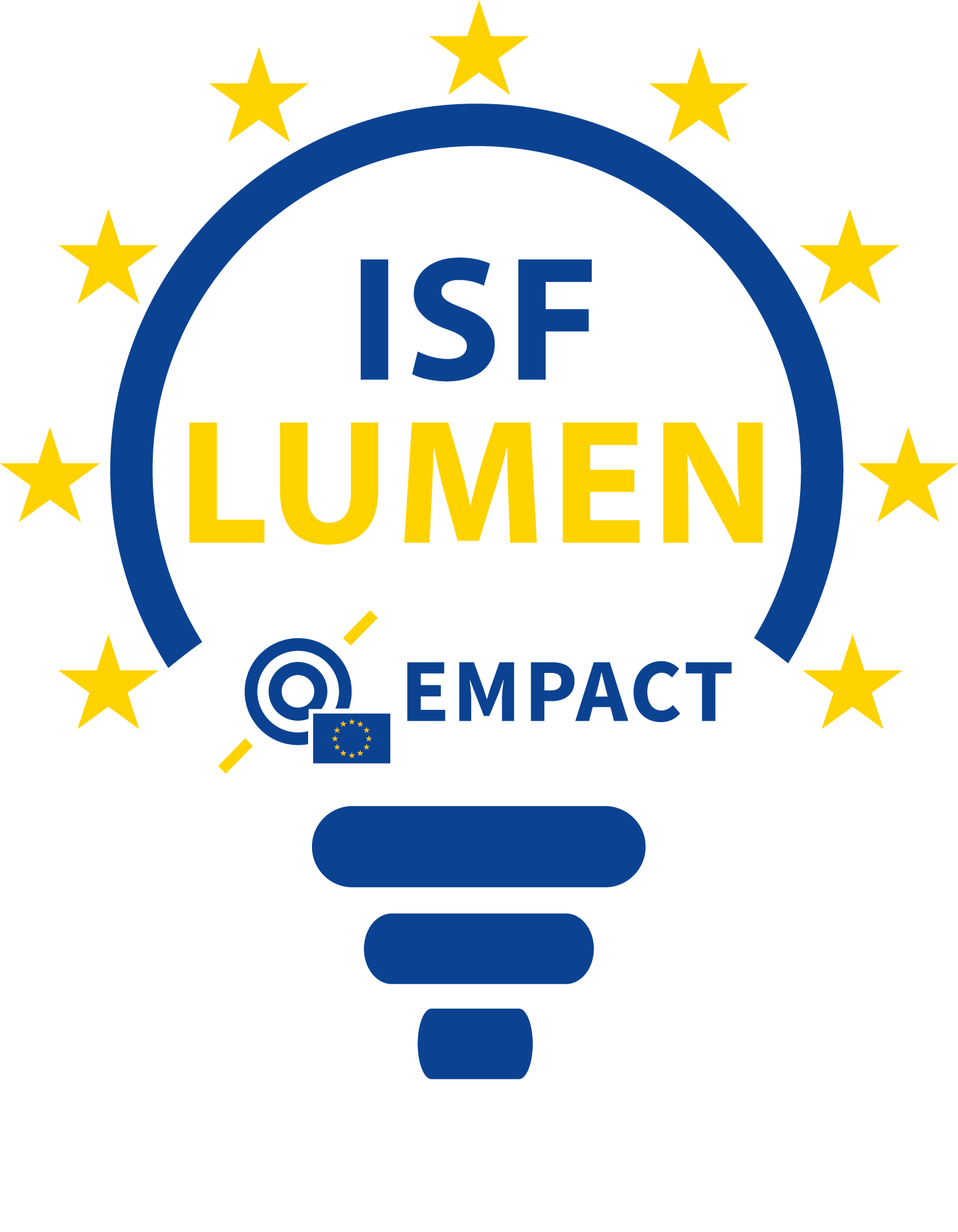Combating Motor Vehicle Crime
The persistently high and increasing number of motor vehicle thefts leads to a considerable total amount of damage and affects the injured parties in a sensitive way. In particular, crime scenes with close proximity to the sales market in Eastern Europe are significant due to their number of cases.
The organised crime groups operate across borders and are responsible for significant amounts of damage amounting to millions of EUR in many EU Member States. For this reason, too, the fight against motor vehicle crime is being promoted through the international ISF LUMEN project and is intended to curb this area of crime.
Retrofitting the electronic security measures of the automobile industry to protect citizens always leads to an adjustment in the approach and technical equipment of the internationally networked, hierarchically structured and conspiratorial offender groups. Using modern technical aids, they are now able to overcome immobilizers on high-value motor vehicles.
After being stolen, the vehicles are usually taken via the shortest route to Poland or other – mostly Eastern European – target countries and sold there as a whole or broken down into individual parts via internet platforms. The aim of the offenders is to achieve the highest possible financial profit.
Based on previous police findings, a large part of the offenders come from Poland. The Polish law enforcement authorities are therefore among the most important cooperation partners at the international level for the State Bureau of Criminal Investigation Berlin as the department responsible for the sub-project.
The high level of criminal energy of the offender groups as well as the profitability of committing crimes illustrate the need for close cooperation between the law enforcement authorities of the EU member states in order to dismantle the criminal structures. As part of ISF Lumen, the following measures are therefore planned in the motor vehicle crime sub-project:
- International networking of relevant actors to exchange information on the operational and strategic direction of law enforcement and to update criminal intelligence,
- Planning and implementation of goal-oriented working meetings and joint action days to identify new investigative approaches and increase cross-border cooperation,
- Conducting conferences to strengthen international law enforcement cooperation.
Combating Motor Vehicle Crime - EuVID
With a high level of technical "know-how", the internationally operating offender groups overcome the existing mechanical and electronic security devices on vehicles. After the theft, they very often deliberately change individual features of the vehicles to prevent their identification and thus make the police's investigative work more difficult.
In order to detect these manipulations, the Federal Bureau of Criminal Investigation in Wiesbaden and the vehicle manufacturers created the European Vehicle Identification Database (EuVID) in 2001. In EuVID, identification features of current and older models from the motor vehicle industry are stored. Among others, the following motor vehicle types are recorded: Cars, trucks, motorbikes, buses, construction machinery, tractors, mobile homes and special vehicles such as mobile cranes.
With the information stored in EuVID, manipulated vehicles can be tracked down and seized in order to subsequently initiate investigations against suspects as well as to return the stolen vehicles to their rightful owners.
Our goals in the fight against Motor Vehicle Crime
The aim of this sub-project is to consolidate and expand the existing international network of police and vehicle manufacturers ("working group EuVID"). For this purpose, annual meetings of the "European Meeting of Vehicle Identification Experts" working group are necessary to inform the members about developments as well as to receive feedback from the experts and to take up possible suggestions for improvement. This information will be passed on by the members as multipliers in their countries. In addition, new ways of collecting the necessary vehicle data from vehicle manufacturers are to be tested and established in order to save costs.

